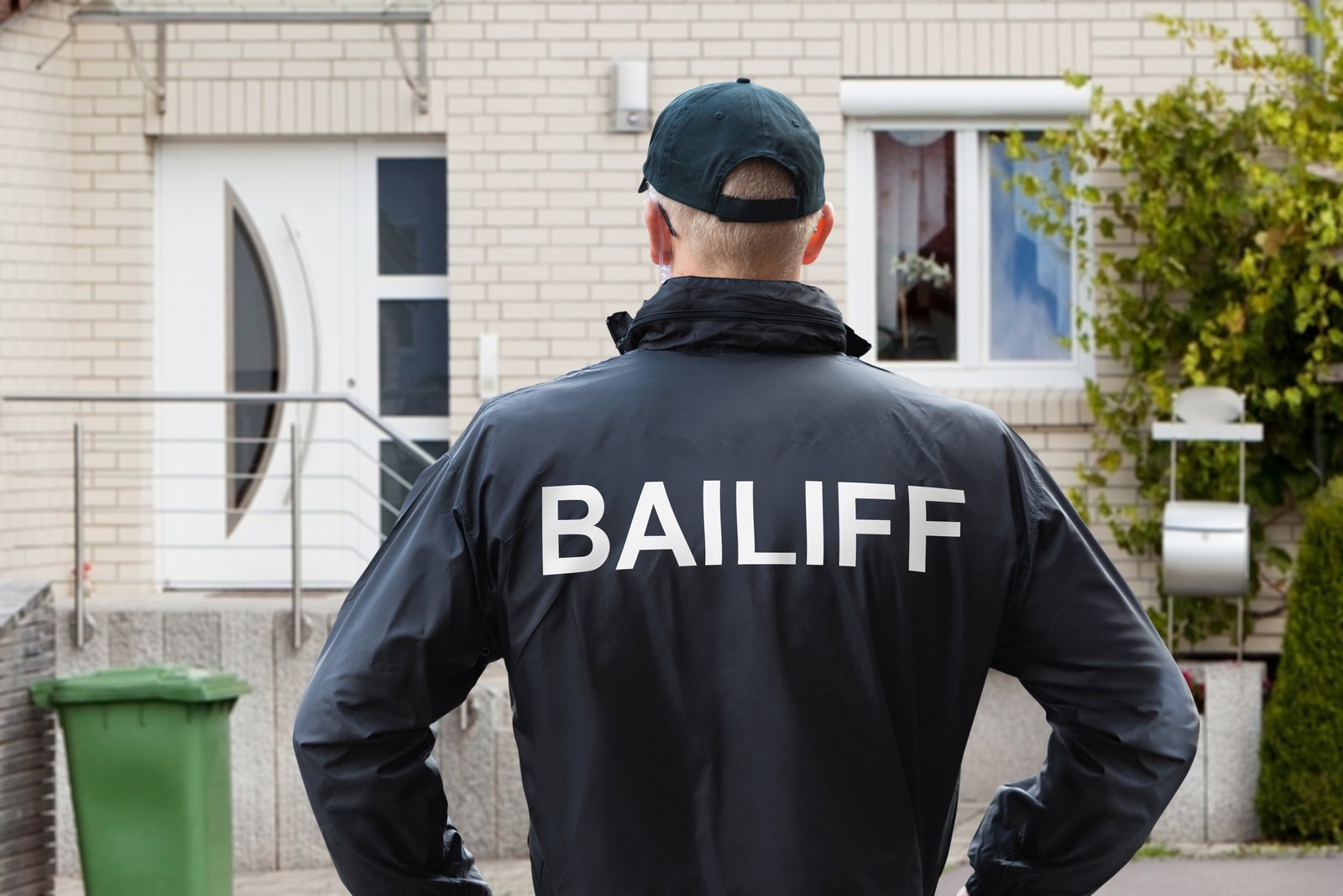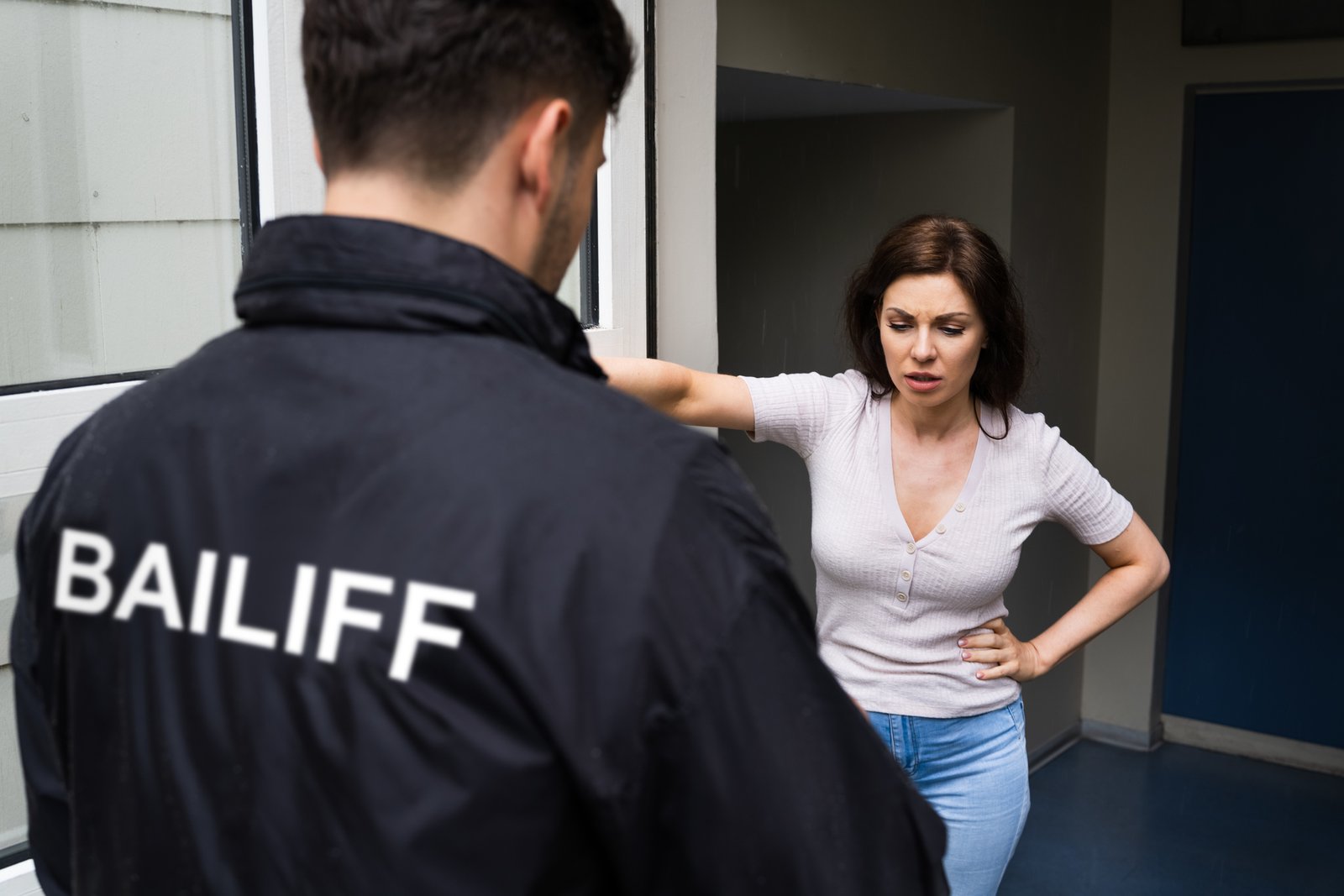If you’re dealing with bailiff action, one of the biggest worries is that your vehicle could be clamped outside your home. For many people, a car is essential — whether for work, school runs, caring responsibilities or day-to-day living.
So, can bailiffs clamp your car?
Yes — but only in certain situations, and there are important protections you should know about before panicking.
When Can Bailiffs Clamp a Car?
Bailiffs can clamp a car if:
- You owe a debt that has gone to enforcement
- You have received a valid Notice of Enforcement
- The car is parked in a place they can legally access (e.g. your driveway, public road)
- The car legally belongs to you
Clamping is often the first step before removal. It is intended to pressure the debtor into contacting the enforcement agent or paying the outstanding amount.
Once clamped, your car cannot legally be moved unless you arrange payment or the bailiff removes the clamp.
Where Can Bailiffs Clamp a Car?
Bailiffs can clamp a vehicle if it is:
✅ On your driveway
✅ On a public street
✅ At your workplace
They cannot normally clamp a vehicle that is:
❌ Inside a locked garage
❌ Behind locked gates they cannot access
❌ On private land they do not have lawful access to
When Can’t Bailiffs Clamp a Car?
Bailiffs cannot usually clamp your car if:
✅ The Vehicle Is on Finance
If your car is on HP, PCP, lease or conditional sale, you are not the legal owner. Bailiffs are not allowed to clamp a vehicle that does not legally belong to you. Proof may be required.
✅ The Vehicle Is Used for a Disability
If your vehicle is part of the Motability scheme or used by someone with a Blue Badge, it is protected. This includes disability adaptations.
✅ The Vehicle Is Essential Work Equipment
If the car is needed for work and falls within “tools of the trade” value limits, it may be exempt. Proof of use may be needed.
What Happens After a Car is Clamped?
When a bailiff clamps your car, they must leave a notice explaining:
• Why the clamp was applied
• How to contact them
• What happens next
If no action is taken, the car may eventually be removed and sold to repay the debt.
What Should I do if my Car Has Been Clamped?
- Stay calm — you still have rights
- Check the warning notice
- Confirm whether your car is exempt
- Gather documents (finance agreement, Blue Badge, etc.)
- Contact Bailiff Helpline — we can help challenge clamping, negotiate with bailiffs, or explore debt solutions
If your car is exempt and has been wrongly clamped, it should be released.
How Bailiff Helpline Can Help
We can:
- Check whether your car is protected
- Contact bailiffs on your behalf
- Help gather evidence to challenge unlawful clamping
- Stop further enforcement
- Explore debt solutions to prevent removal
Our team helps you protect your vehicle and reduce the stress of enforcement.
Bailiffs can clamp your car — but only under specific conditions. Financed cars, disability vehicles, and cars used for work often have strong protection. If your car has been clamped or you’re worried it could be, contact Bailiff Helpline. We’ll help you understand your rights and keep you in control.







